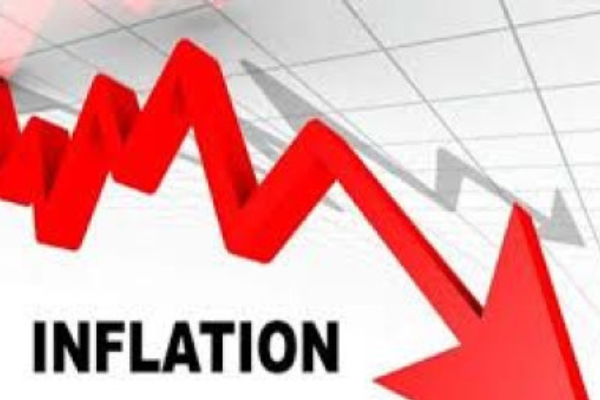The National Bureau of Statistics (NBS) reports that Nigeria’s headline inflation rate fell to 22.22 percent in June 2025, down from 22.97 percent in May.
The NBS announced an increase in its consumer price index (CPI) on Wednesday.

“On a year-on-year basis, the Headline inflation rate was 11.97% lower than the rate recorded in June 2024 (34.19%),” according to the Census Bureau.
“On a month-on-month basis, the headline inflation rate in June 2025 was 1.68%, 0.15% higher than in May 2025 (1.53%).
“This means that in June 2025, the rate of increase in the average price level was higher than the rate of increase in the average price level in May 2025.”
The statistics firm said the food inflation rate in June 2025 was 21.97 percent on a year-on-year basis.
“This was 18.93% points lower compared to the rate recorded in June 2024 (40.87%),” NBS said.
Read Also
“The significant decline in the annual food inflation figure is technically due to the change in the base year.”
However, on a month-on-month basis, the agency said food inflation rate in June was 3.25 percent — up by 1.07 percent compared to May 2025 (2.19 percent).
“The increase can be attributed to the rate of increase in the average prices of Green Peas (Dried), Pepper (Fresh), Shrimps (white dried), Crayfish, Meat (Fresh), Tomatoes (Fresh), Plantain Flour, Ground Pepper, etc,” NBS said.
“The average annual rate of Food inflation for the twelve months ending June 2025 over the previous twelve-month average was 28.28%, which was 7.02% points lower compared with the average annual rate of change recorded in June 2024 (35.3%).”
The bureau said food inflation on a year-on-year basis was highest in Borno (47.40 percent), Ebonyi (30.62 percent), and Bayelsa (28.64 percent).
On the other hand, states such as Katsina (6.21 percent), Adamawa (10.90 percent), and Sokoto (15.25 percent) recorded the slowest rise in food inflation on a year-on-year basis.
According to the NBS report, on a month-on-month basis, food inflation was highest in Enugu (11.90 percent), Kwara (9.97 percent), and Rivers (9.88 percent), while Borno (-7.63 percent), Sokoto (-6.43 percent) and Bayelsa (-6.34 percent), recorded the slowest.





